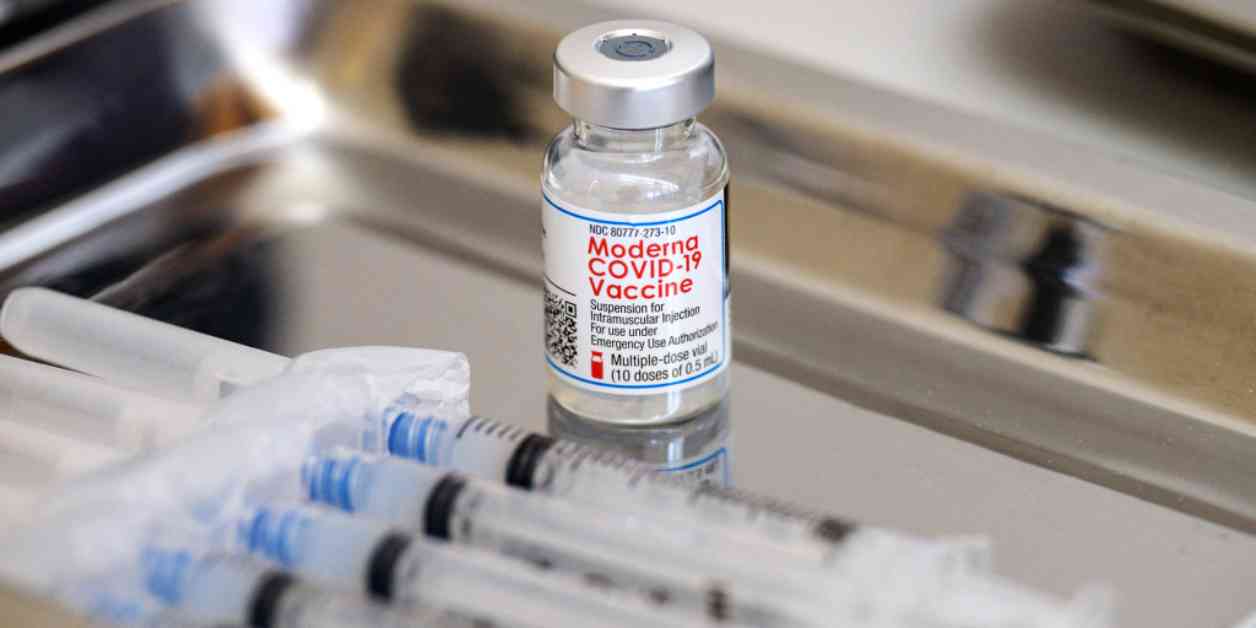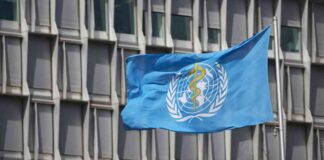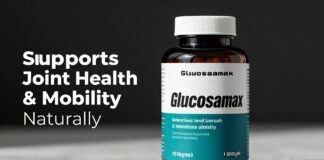Independent Pharmacies Struggle with Covid Vaccine Distribution
As major pharmacy chains like CVS and Walgreens begin to distribute the new Covid vaccine, independent pharmacies across the country are facing delays in receiving their shipments. This delay is resulting in longer wait times for patients who rely on these smaller, community-focused pharmacies for their healthcare needs.
Neal Smoller, the owner of Village Apothecary in Woodstock, New York, shared his experience of the challenges he and other independent pharmacists are facing. While he received doses of Moderna’s vaccine over the weekend, the Pfizer doses didn’t arrive until Wednesday. Additionally, there is no clear timeline yet for the shipments of the Novavax vaccine, which was recently authorized by the Food and Drug Administration.
Labor Day weekend is traditionally a busy time for vaccinations, and Smoller noted that he had already administered the Moderna vaccine to about 400 people over the holiday weekend. These individuals included older adults concerned about the summer surge in Covid cases and teachers preparing for the start of the school year. However, there are still many patients waiting for either the Pfizer or Novavax vaccines to become available at the pharmacy.
Smoller emphasized the challenges of managing patient expectations and anxieties during this time. He mentioned receiving numerous phone calls from individuals seeking clarification on when they can receive their vaccines. The uncertainty surrounding the availability of the vaccines has added to the anxiety and apprehension felt by many patients eager to get vaccinated.
Independent pharmacists who spoke to NBC News expressed frustration with the delays in vaccine distribution, attributing them to drug manufacturers and wholesalers prioritizing larger retail chains like CVS and Walgreens for early shipments. Both Pfizer and Moderna refuted these claims, stating that they are fulfilling orders across all channels, including non-retail sources like independent pharmacies.
A spokesperson for Moderna reassured that the company is on track with its commitments across various distribution channels. Similarly, a spokesperson for Pfizer highlighted the substantial supply of the Covid vaccine available and emphasized that all orders are being fulfilled promptly. However, both companies acknowledged that purchasing the vaccines through wholesalers could potentially slow down the process slightly.
CVS and Walgreens, two major pharmacy chains, stated that they have ample supply of the vaccines and are actively distributing them to their locations. This highlights the disparity in access to vaccines between larger retail chains and independent pharmacies, leading to frustration among smaller businesses that are committed to serving their communities.
Emlah Tubuo, the owner of Powell Pharmacy in Ohio, echoed the sentiment of many independent pharmacists as she expressed disappointment in the distribution process. While most retail chains require appointments for vaccinations, Tubuo’s pharmacy offers walk-in services, making it more accessible to patients. However, despite ordering doses of both the Pfizer and Moderna vaccines, she is yet to receive any shipments.
Tubuo highlighted the issue of chain pharmacies receiving vaccines ahead of independent pharmacies, which often leads to delays for smaller businesses. Patients who would typically have received their flu shots by now are holding out in the hopes of getting both vaccines simultaneously. Tubuo emphasized the importance of coadministering vaccines and educating patients on the safety and efficacy of receiving multiple vaccines at once.
Jonathan Marquess, vice president of the Academy of Independent Pharmacy in Georgia, shared a more positive outlook on the vaccine rollout in his state. While some independent pharmacies may still be awaiting doses, Marquess noted that most businesses are receiving their allocations earlier this year. He acknowledged that delays seem to be more prevalent for Pfizer doses compared to other vaccines.
Mayank Amin, the owner of Skippack Pharmacy in Pennsylvania, offered a unique perspective on navigating the challenges of vaccine distribution. Amin, whose pharmacy primarily focuses on vaccines, has successfully received thousands of doses of both the Pfizer and Moderna vaccines. He attributed his success to maintaining consistent communication with manufacturers and following up diligently to ensure timely delivery of the vaccine doses.
Amin highlighted the disparity in resources between independent pharmacies and chain pharmacies, noting that smaller businesses often have to advocate for themselves to secure vaccines. While chain pharmacies have direct connections with vaccine manufacturers, independent pharmacies like Amin’s rely on their own efforts to ensure a steady supply of vaccines for their patients.
While Amin’s pharmacy has been able to secure vaccines, others are still waiting for their shipments to arrive. Emmanuel Ayanjoke, the owner of Altev Community Pharmacy in Cincinnati, shared his experience of not receiving any doses of the Moderna vaccine yet. Despite not ordering the Pfizer vaccine, Ayanjoke has been preparing for the arrival of the vaccine and collecting names of patients interested in receiving it.
The challenges faced by independent pharmacies in vaccine distribution underscore the need for a more equitable and efficient system to ensure that all healthcare providers have access to the resources they need to serve their communities. As the demand for Covid vaccines continues to rise, it is crucial that smaller pharmacies receive timely and adequate allocations to meet the needs of their patients.
Challenges in Vaccine Distribution
The delays in Covid vaccine distribution to independent pharmacies raise concerns about the equity and efficiency of the current system. Smaller pharmacies play a vital role in providing healthcare services to underserved communities and populations with limited access to healthcare facilities. However, the challenges they face in receiving vaccine shipments highlight the disparities in the distribution process.
Independent pharmacists like Neal Smoller and Emlah Tubuo are at the forefront of serving their communities during the pandemic, yet they are grappling with delays that hinder their ability to meet the growing demand for vaccines. The lack of a clear timeline for vaccine shipments and the prioritization of larger retail chains by manufacturers and wholesalers present significant obstacles for independent pharmacies.
Impact on Patient Care
The delays in vaccine distribution not only affect the operations of independent pharmacies but also impact patient care and public health efforts. Patients who rely on these pharmacies for their healthcare needs are experiencing longer wait times and uncertainty regarding when they can receive their vaccines. This can lead to increased anxiety and frustration among individuals eager to get vaccinated.
The coadministration of vaccines, such as the flu shot and the Covid vaccine, is a crucial strategy in maximizing vaccination coverage and ensuring the overall health and well-being of the population. However, the delays in vaccine distribution to independent pharmacies are disrupting this process and hindering efforts to provide comprehensive healthcare services to patients.
Addressing the Challenges
To address the challenges faced by independent pharmacies in Covid vaccine distribution, there is a need for greater collaboration and support from manufacturers, wholesalers, and government agencies. Ensuring that all healthcare providers, regardless of their size or location, have equitable access to vaccines is essential for effectively combating the pandemic.
Efforts to streamline the distribution process and prioritize the needs of independent pharmacies can help improve the overall efficiency and effectiveness of vaccine rollout efforts. By establishing clear communication channels and providing timely updates on vaccine allocations, manufacturers and wholesalers can better support independent pharmacies in their mission to serve their communities.
Furthermore, government agencies and healthcare organizations can play a role in advocating for the equitable distribution of vaccines to all healthcare providers. By recognizing the importance of independent pharmacies in the healthcare system and providing them with the resources they need, we can ensure that all individuals have access to life-saving vaccines during these challenging times.


















